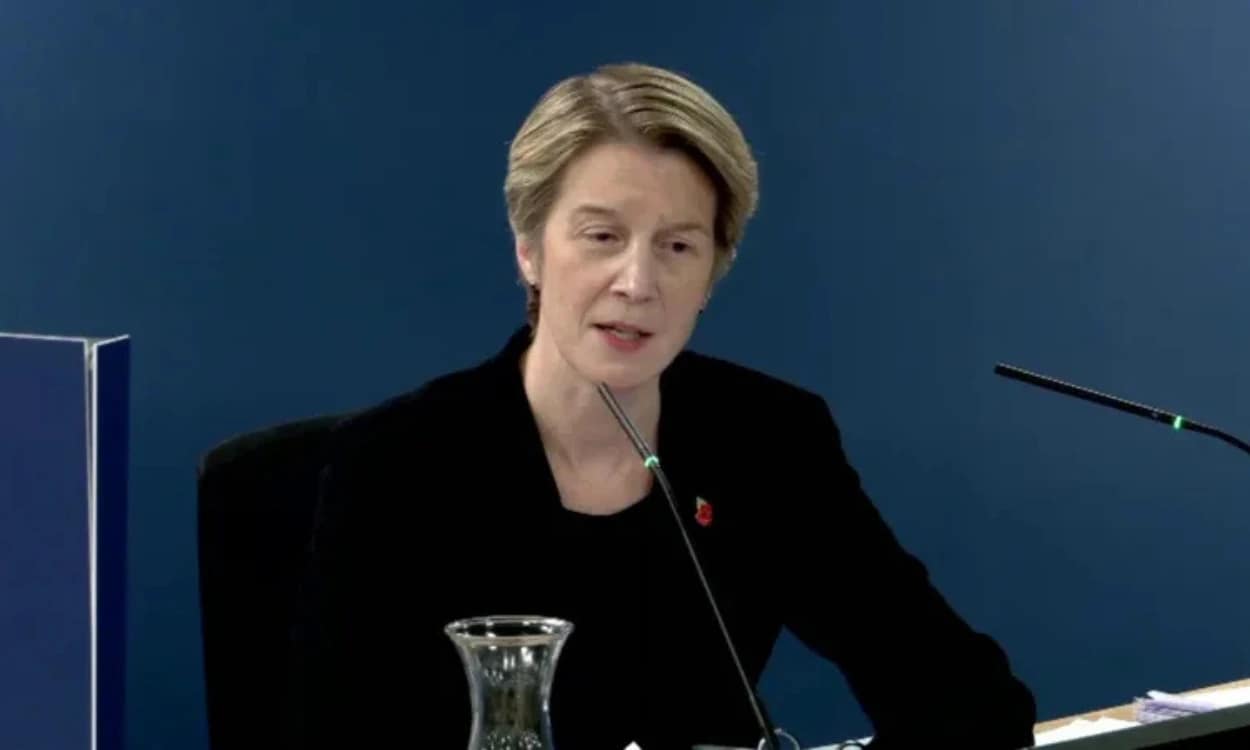In a pivotal disclosure at the UK Covid-19 Inquiry, Amanda Pritchard, Chief Executive of NHS England, revealed that a request for 10,000 additional permanent, staffed hospital beds was blocked by Boris Johnson’s government in July 2020. The denial, primarily from the Treasury, was a “very disappointing” setback, according to Pritchard. She explained that these beds would have played a crucial role in managing the backlog of elective surgeries, building resilience, and preparing for an anticipated second winter wave of Covid-19.
A Missed Opportunity for Capacity Expansion
Pritchard, who served as NHS England’s Chief Operating Officer before becoming its CEO in 2021, testified that the bed expansion request was based on data-driven modeling to predict the pandemic’s spread and the seasonal pressures on healthcare. The Treasury and the Prime Minister’s office, however, opted against this permanent solution, proposing instead that the NHS rely on temporary facilities like the Nightingale hospitals and private sector resources.
This decision delayed potential expansion, with officials suggesting the matter could be revisited in the 2021 spending review. Reflecting on the outcome, Pritchard expressed her frustration, saying that having additional beds could have allowed the NHS to treat “thousands more patients” while alleviating pressure during the second pandemic wave.
A Winter of Unprecedented Pressure
The winter of 2020-21 proved immensely challenging for the NHS, as Pritchard recounted the overwhelming strain caused by a surge in Covid-19 cases. Although early vaccines and treatments such as dexamethasone were available, the level of community transmission left intensive care units (ICUs) across the UK stretched to their limits. According to Pritchard, even though systematic restrictions on treatment access were avoided, staff across the country experienced intense pressure that compromised the quality and normalcy of care.
Nightingale Hospitals: An Expensive, Underutilized Resource
The UK invested £358.5 million in the creation and decommissioning of seven temporary Nightingale hospitals across England. These facilities were meant to serve as “military field hospitals,” in a move aimed at avoiding situations similar to those seen in northern Italy, where hospitals were overwhelmed. While the Nightingales did treat 1,238 patients over two Covid-19 waves, some facilities, like Birmingham’s, never treated a single patient during the pandemic.
Reflecting on the initiative, Pritchard affirmed that while the hospitals weren’t fully utilized, they still provided a “useful” backup, creating a sense of preparedness in an unprecedented crisis.
Health ministers from the Johnson administration are expected to give testimony later this month as the inquiry continues to scrutinize Covid-19’s impact on the NHS and healthcare systems across the UK. The findings may hold valuable lessons in understanding the balance between long-term healthcare investments and rapid-response strategies in managing future public health crises.
Pritchard’s testimony underscores the complexity of pandemic planning, revealing the challenges and consequences of critical decisions made at the highest levels of government.


